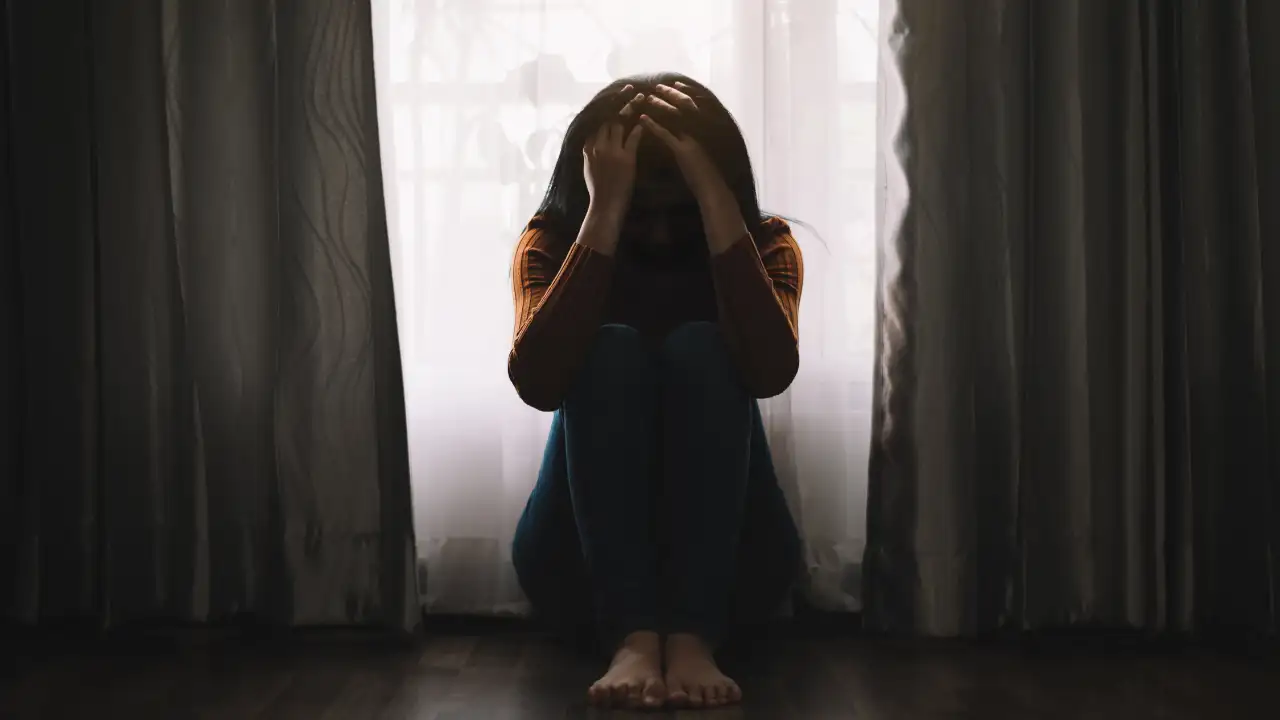Mental health does not usually collapse overnight. It declines quietly through subtle shifts in mood, energy, and behaviour that are easy to dismiss or explain away. But these changes can be early warning signs that your emotional wellbeing is under strain. In a world that rewards constant productivity and distraction, it is easy to overlook what your mind is trying to tell you. Recognising these signs early can make a crucial difference in getting the support you need.
Here are five serious signs that your mental health might be on the decline, and it is time to take notice.
1. You are Always Tired
Sleep is supposed to be restorative, not an uphill battle. If you wake up feeling tired or need three cups of coffee just to form a sentence, it is not just physical fatigue. Mental exhaustion, fuelled by stress, anxiety or depression, can sap your energy no matter how much you rest.
2. You have Become a Ghost
Cancelled plans, unread messages, unanswered calls. Withdrawing from people you love or avoiding social interaction altogether is a classic red flag. Even if you are naturally introverted, a sudden and sustained retreat into solitude could point to emotional distress.
3. Your Moods Are on a Rollercoaster
One moment you are snapping at your dog for breathing too loudly; the next you are staring blankly at the wall,, wondering what the point of it all is. Mood swings and irritability that feel out of character can be early signs of anxiety, depression, or burnout. When your emotional range goes from ‘meh’ to ‘meltdown’ in under five minutes, it is time to check in with yourself.
4. Nothing Feels Fun Anymore
Lost interest in your hobbies, passions, or that trashy reality show you once loved? When your brain's pleasure circuit is compromised, it is called anhedonia—a key symptom of depression. It is not about being lazy or unmotivated; it is your mind telling you that something is out of sync.
5. You Cannot Think Straight
Struggling to concentrate, make decisions, or remember why you walked into a room? Cognitive fog is common when your mental health is slipping. If your mind feels like it is buffering every time you try to think, it might be time for a reboot.
